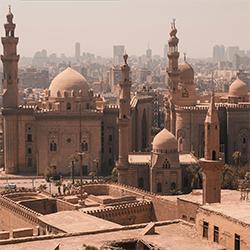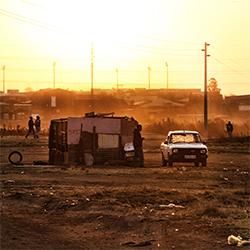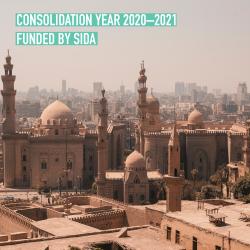Network of African Urban Researchers
Following the Network of African Urban Research Institutes (AURI) inaugural meeting in in Addis Abba in March 2013, a network of some of the continents’ most innovative and productive applied urban research centres met for the second time in Nairobi, Kenya during February 2014. The African Urban Research Initiative (AURI) was initiated in 2013 by the African Centre for Cities, who received a grant from the Rockefeller Foundation to pursue a project to upscale applied urban research and practice on the African continent. The initiative is driven by the recognition of a mismatch between the realities of rapid urbanization in Sub-Saharan Africa and the level of institutional preparedness to deal with these pressures. By 2030, there will be a doubling of the urban population in the region, in a context where the majority of urban dwellers are unable to access decent shelter or economic opportunities due to limited resources and state inefficiencies. AURI is based on the premise that unless an active network of durable knowledge institutions, focused on applied urban research and capacity building, is urgently established, most African cities will not be in a position to understand and respond to their urban development dynamics. The purpose of AURI then is to allow research centres to exchange knowledge, know-how, and expertise to strengthen credible institutions rooted in local realities, but engaged with broader urbanization trends in Africa.
One of the objectives of the Nairobi workshop was to share, discuss and compare different institutional models for the co-production of urban knowledge and identify issues affecting the implementation of these approaches. Whilst each of the fourteen participating research institutes provided updates on their activities including co-production with government and/or civil society, three of the institutes provided in-depth case studies of co-production in varied contexts across Africa, including Angola, Kenya and South Africa. The presentations provided lively grounds for discussion and debate on the meanings, origin, scale, scope and effectiveness of co-production activities. Questions that raised much discussion included: When does co-production become co-option? What is the role of conflict in co-production? Is co-production a research philosophy or an approach to research management? Most co-production activities occur at the technical level of policy development, however, understanding decision-making requires an astute understanding of the politics and tactics of the state. There was consensus that targeting the state at the political level is critical for effective policy implementation, and that the media and social media are key areas for intervention to effect behavioural and attitudinal changes at this level. These tools were also identified as effective for engaging the youth bulge on the African continent.
Moving the network forward, Professor Edgar Pieterse outlined the agenda of work for the network for the next two-year horizon, culminating in an AURI conference to be held in parallel to the 2015 AfriCities Conference. Five research questions were outlined to provide coherence and identity to the network and the discussions of the meeting. These questions will form part of the terms of reference for future commissioned think pieces to further develop the debates and identify contextual challenges currently shaping and preoccupying scholarship on the changing African urban landscape. The think pieces will be peer reviewed and workshopped at an interim AURI meeting during early 2015, where support will be provided to translate these into multiple forms including book chapters, policy briefs, policy fact sheets, etc., to ensure relevance for academics, practitioners, civil society and development partners.
Although the funding landscape to support the ambition of the network remains unclear at present, the event in Nairobi certainly served to strengthen the network through an exchange of ideas and experiences. The debate and discussion demonstrated the need for creating further opportunities to develop a shared research agenda that reflects the diverse, divergent and similar forces shaping cities in Africa.
This activity is part of the Africa Regional Peer Learning, Knowledge and Dissemination Programme







